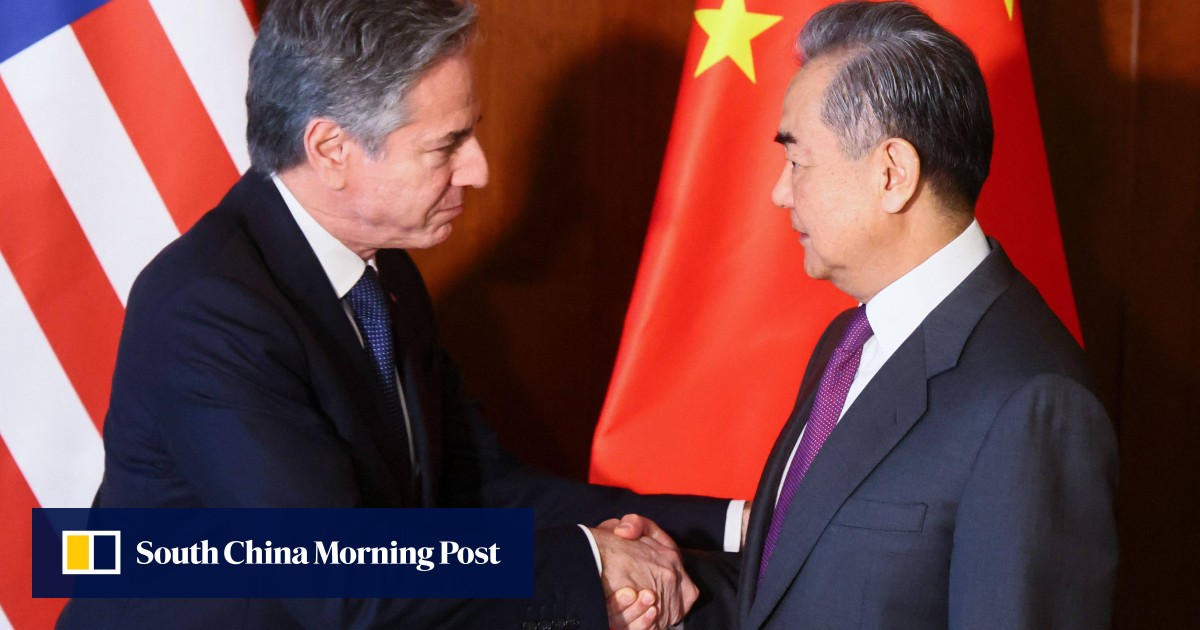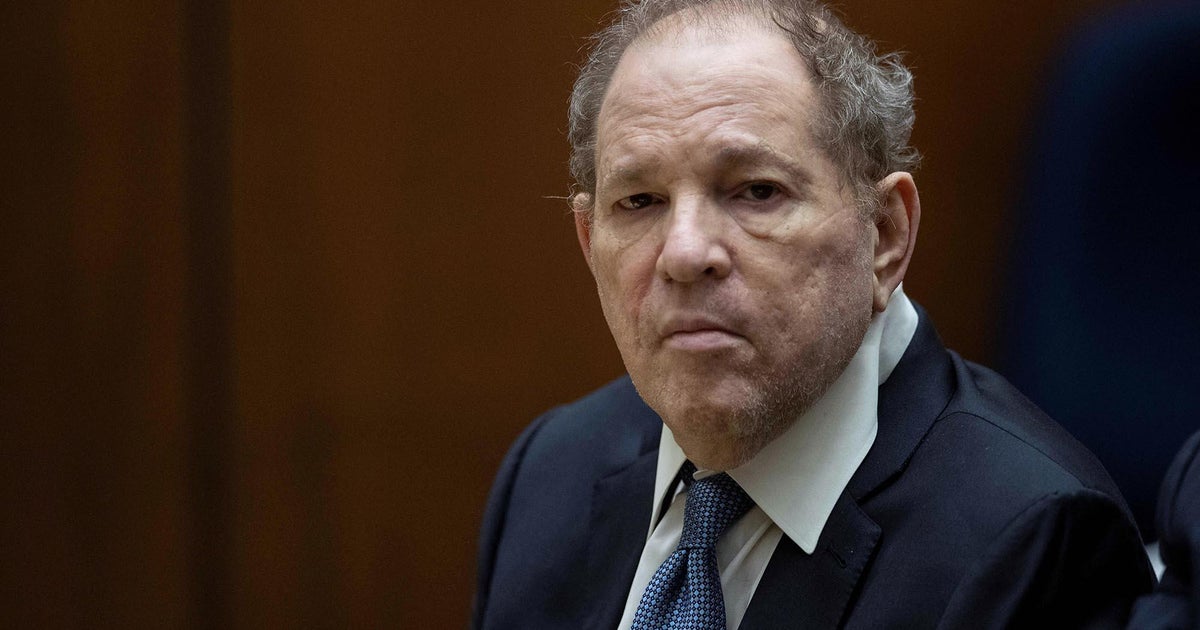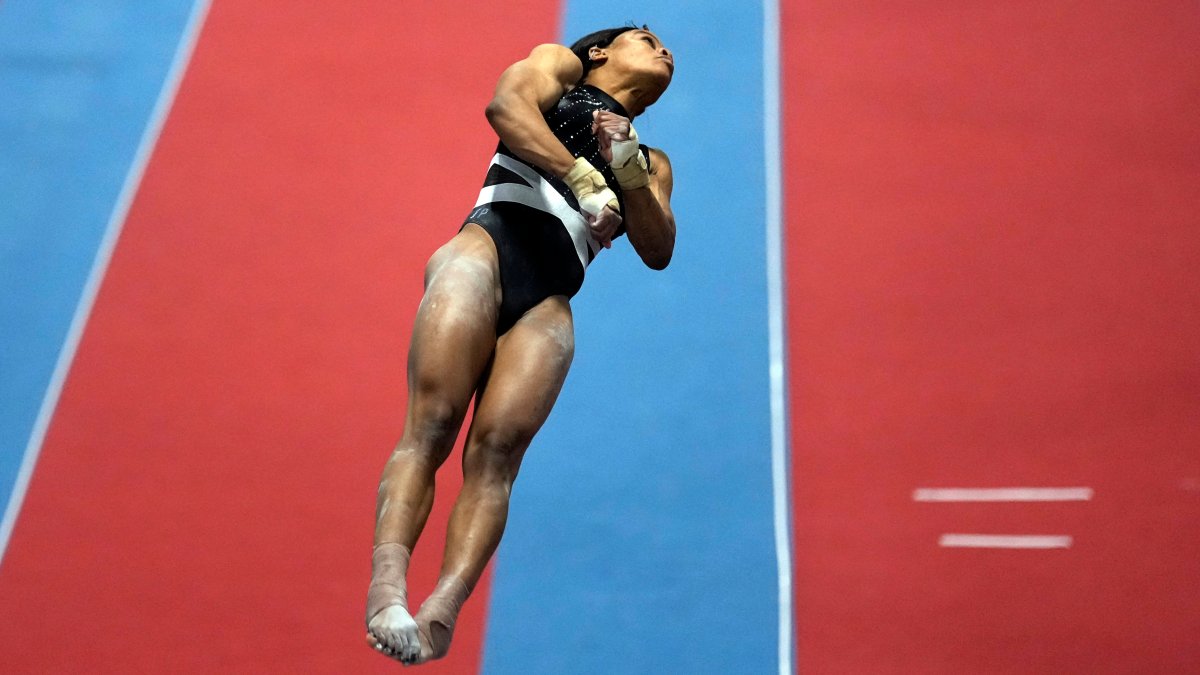Wang is scheduled to meet the European Union’s top diplomat Josep Borrell on Friday evening. He is also expected to meet British Foreign Secretary David Cameron.
Neither the US nor Chinese side immediately released statements on the meeting.
The flurry of diplomatic activity underpins a relative thaw in China’s ties with the US in recent months, following a high-profile summit between Presidents Joe Biden and Xi Jinping in California in November.
Wang also held extensive talks with US National Security Adviser Jake Sullivan in Bangkok last month.
“Both countries are trying to manage the relationship more effectively than they have before precisely because they want to avoid ‘lose-lose’,” said Ian Bremmer, president of the Eurasia Group consultancy, on the sidelines of the summit.
China to champion ‘equal and orderly multipolar world’ at Munich security forum
China to champion ‘equal and orderly multipolar world’ at Munich security forum
“This is despite the fact that there’s no trust in the relationship, there’s no entente in the relationship, but there is an enormous amount of interdependence. And I think it’s going to last, at least for a bit.”
A year ago, Wang and Blinken met at the same venue, but at a diplomatic low point, following a fierce row over a Chinese surveillance balloon found transiting over North America. The US shot down the balloon off the coast of South Carolina and retrieved it for examination.
The Chinese statement at that time said Wang “set forth China’s strong position on the so-called ‘balloon incident’ and urged the US to “resolve the damage its abuse of force has done to China-US relations”.
The US said then that Blinken “spoke to the unacceptable violation of US sovereignty and international law by the PRC high-altitude surveillance balloon in US territorial airspace, underscoring that this irresponsible act must never again occur”.
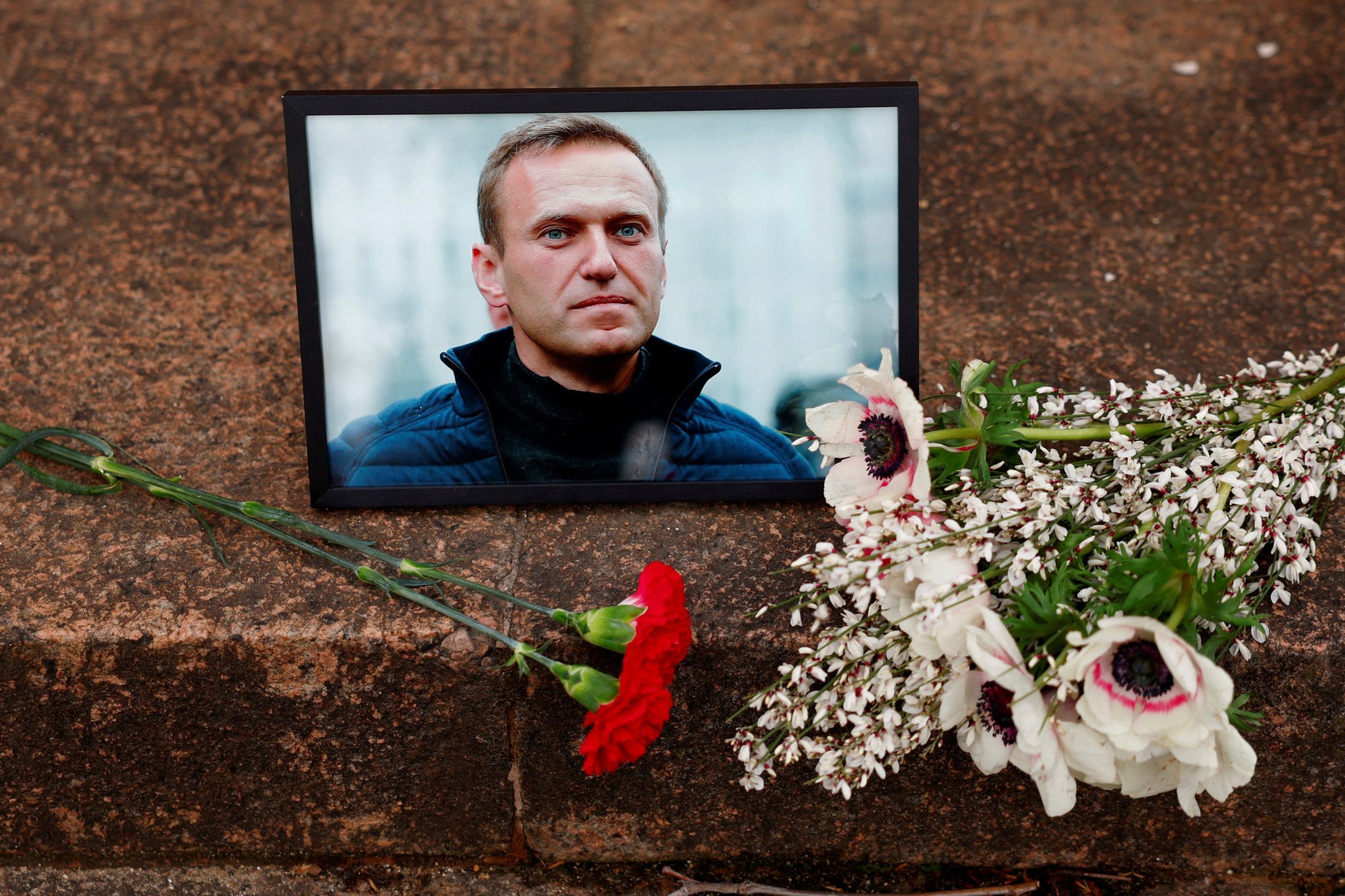
Friday was the first day of the Munich Security Conference, which was overshadowed by the announced death of Russian opposition leader Alexei Navalny in a maximum-security prison in the Arctic Circle.
A series of Western officials condemned Moscow over Navalny’s death. Harris said that Washington was “working to confirm” the news, adding: “Whatever story they tell, let us be clear, Russia is responsible.”
Navalny’s wife, Yulia, took the stage immediately after Harris, just hours after the news of her husband’s death appeared in Russian media. She drew a standing ovation from the gathered leaders.
“We’ve probably all seen today’s horrible news. I asked myself if I should come here or get on a plane to go to my children. And then I asked what Alexey would do in my place. And I’m certain that he would be here,” Yulia Navalny said.
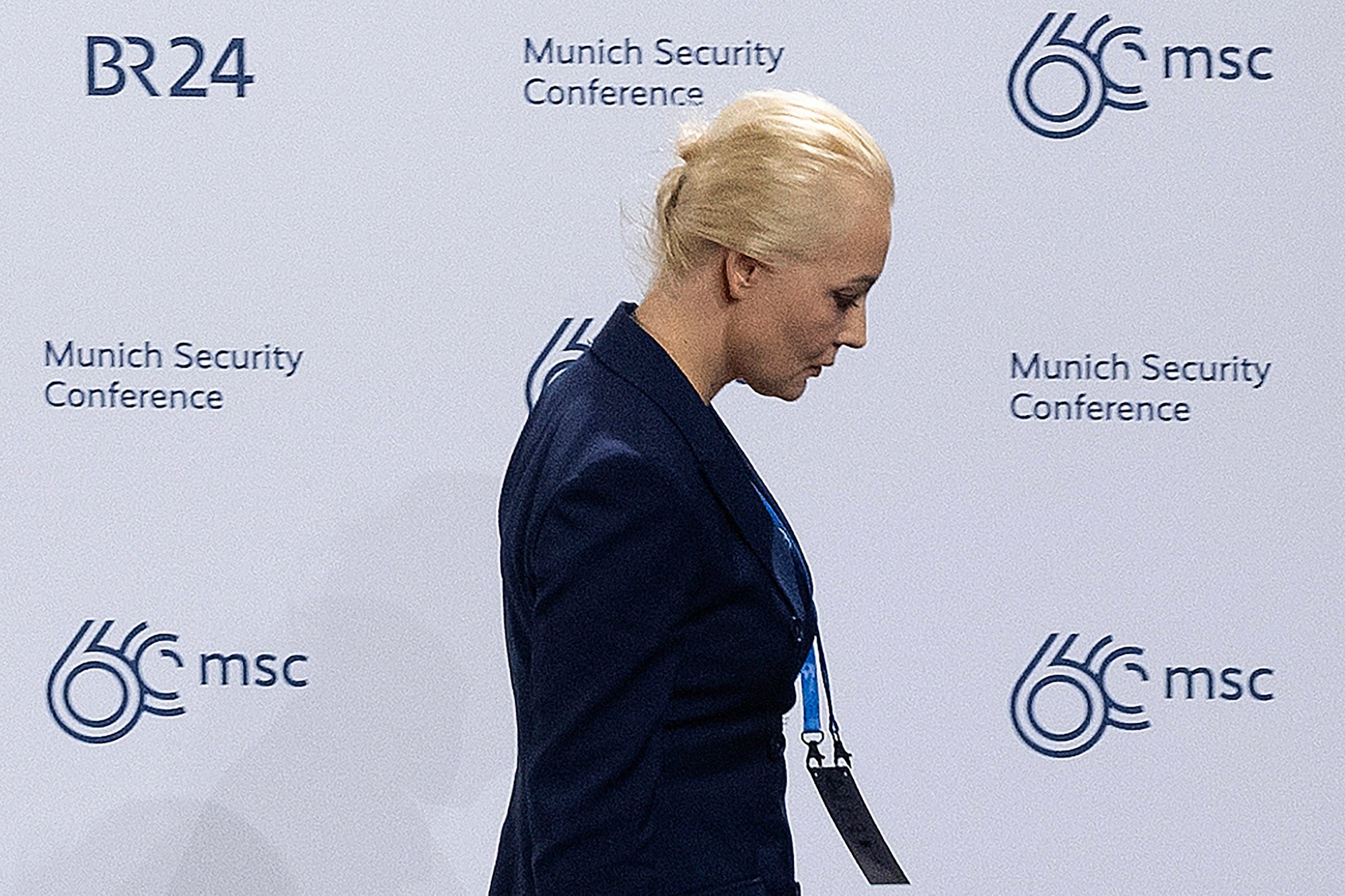
In Friday’s debates, China played second fiddle to the geopolitical turmoil in the Middle East, the war in Ukraine, and the coming US elections.
“We know that China still exists, but suddenly we don’t talk about China … it is clear that China, the big elephant in the room, is not at the epicentre of our concerns,” Borrell, the EU’s top diplomat, said on the sidelines of the summit.
“TV screens are full of people being killed or wounded. Destruction is much more appealing to the eyes than a theory on economic security, or China’s expansion in South China Sea. But these events continue … and sooner or later, it will be another crisis,” he added.
Harris, meanwhile, used her speech to reassure allies that Biden would remain committed to the Nato transatlantic alliance and Ukraine, should he win re-election in November.
Former US president Donald Trump, Biden’s likely Republican opponent, has said in recent days that he would not defend a Nato ally if Russia attacked it. Harris dismissed that “world view” as “dangerous, destabilising and indeed short-sighted”, implying that it would embolden China.
Biden blasts Trump’s ‘dumb’ and ‘dangerous’ Nato threats
Biden blasts Trump’s ‘dumb’ and ‘dangerous’ Nato threats
“Imagine if we went easy on Putin, let alone encouraged him. History offers a clue if we stand by, while an oppressor invades its neighbour with impunity, they will keep going. And in the case of Putin, that means all of Europe would be threatened,” Harris said.
“If we fail to impose severe consequences on Russia, other authoritarians across the globe would be emboldened. Because you see, they would be watching – they are watching and drawing lessons,” she added.

David Turner is a globe-trotting journalist who brings a global perspective to our readers. With a commitment to shedding light on international events, he explores complex geopolitical issues, offering a nuanced view of the world’s most pressing challenges.

